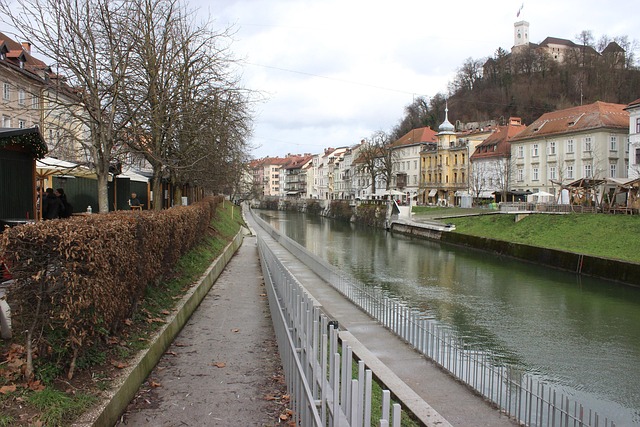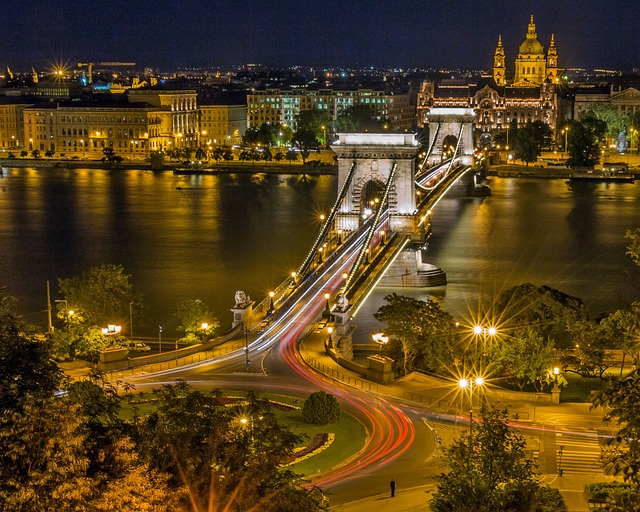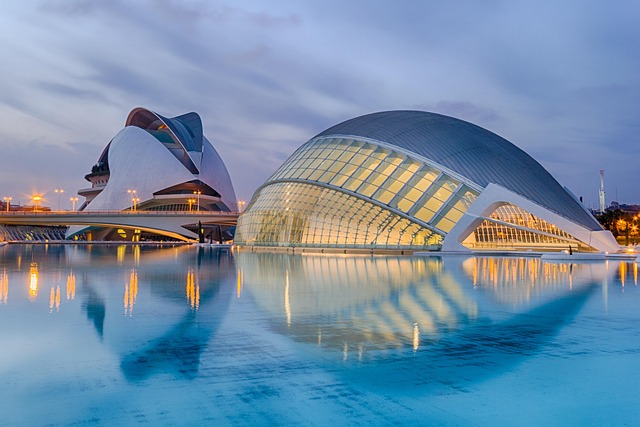Karachi, Pakistan's vibrant metropolis, has undergone remarkable transformation, blending historic landmarks with modern hubs. Tipu Sultan Road, a bustling commercial artery, faces challenges like traffic congestion and inadequate infrastructure due to haphazard urban development. To rectify this, Karachi's regulatory bodies must enforce stringent construction bylaws focusing on proper zoning, building height regulation, and sustainable practices, transforming the road into a well-planned vibrant corridor while driving economic development and improving quality of life. Robust construction regulations are crucial for shaping Karachi's urban landscape, fostering sustainable growth, high-quality infrastructure, safe living conditions, and maintaining its unique character amidst rapid modernization.
“Karachi, as one of Pakistan’s bustling metropolis, faces unique challenges in urban development due to intricate construction bylaws. This comprehensive guide aims to demystify these regulations, focusing on Tipu Sultan Road—a vibrant yet complex area. We explore the historical context, current issues, and future implications of construction laws in Karachi, highlighting their profound impact on shaping the city’s landscape. By understanding these bylaws, residents and developers can navigate the regulatory environment, fostering sustainable urban growth.”
- Understanding Construction Bylaws in Karachi: A Comprehensive Guide
- Tipu Sultan Road: Location, Challenges, and Regulatory Considerations
- Impact of Construction Regulations on Urban Development in Karachi
Understanding Construction Bylaws in Karachi: A Comprehensive Guide

Tipu Sultan Road: Location, Challenges, and Regulatory Considerations

Tipu Sultan Road is a significant thoroughfare in Karachi, Pakistan, known for its bustling commercial and residential activities. The road cuts through diverse neighborhoods, connecting major hubs and facilitating daily commutes. However, with rapid urban growth and development, Tipu Sultan Road faces several challenges that require careful consideration under the construction bylaws. One of the primary concerns is the haphazard growth of structures, leading to issues like traffic congestion, inadequate parking spaces, and insufficient infrastructure.
Regulatory bodies in Karachi must address these challenges by implementing stringent construction bylaws. This includes ensuring proper zoning for commercial and residential areas, setting guidelines for building height and density, and promoting sustainable development practices. By balancing the needs of a growing population with efficient urban planning, Karachi can transform Tipu Sultan Road into a well-organized, vibrant corridor that enhances the quality of life for its residents while fostering economic growth.
Impact of Construction Regulations on Urban Development in Karachi

The construction bylaws and regulations play a pivotal role in shaping the urban landscape of Karachi, ensuring sustainable development and maintaining quality infrastructure. These rules govern everything from zoning and building height to material choices and safety standards. The impact is profound; they prevent haphazard growth, preserving Karachi’s unique character and addressing challenges like overcrowding and inadequate services.
By implementing these regulations, the city can manage its rapid urbanization, especially in dense areas like Tipu Sultan Road. They promote well-planned neighborhoods with adequate open spaces, efficient utilities, and aesthetically pleasing environments. Moreover, strict adherence to construction norms ensures safety for residents and workers alike, mitigating potential hazards often associated with unchecked development. This regulatory framework is essential for Karachi’s continued growth while preserving its identity in the face of rapid modernization.
The construction bylaws governing Tipu Sultan Road in Karachi play a pivotal role in shaping the city’s urban development. By understanding and adhering to these regulations, architects, developers, and residents can ensure sustainable growth, preserving the unique character of Karachi while accommodating its ever-evolving needs. These bylaws serve as a framework to navigate the complex landscape of construction, fostering a harmonious balance between infrastructure advancement and the preservation of local heritage.
